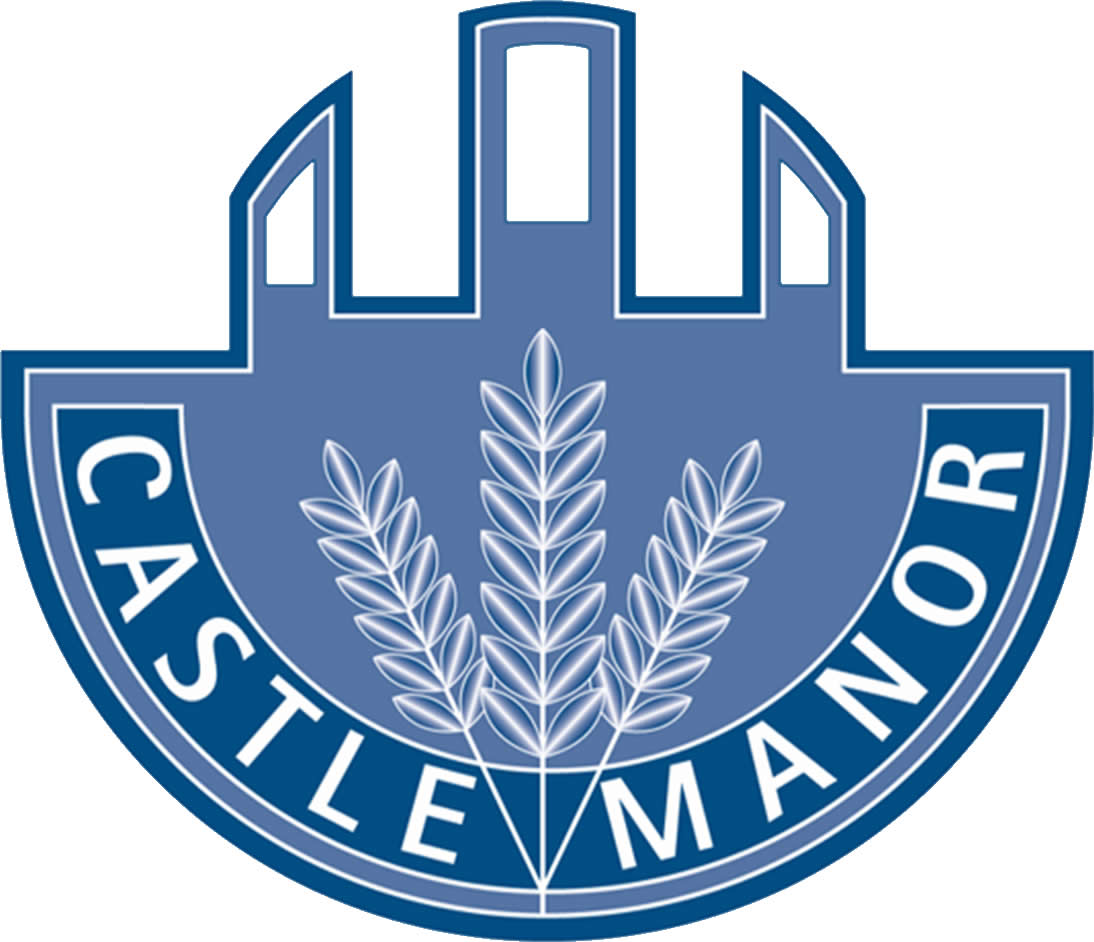The primary intent of our Key Stage 3 Drama curriculum is to provide students with opportunities to explore and express themselves creatively through acting, devising, improvisation, storytelling, and other theatrical techniques. Our curriculum provides students with an outlet for creative expression and encourages students to use their voices, bodies, and emotions to communicate ideas, emotions, and narratives effectively.
Stepping into the shoes of others through dramatic role play and character exploration, encourages students to explore the different perspectives and understand the thoughts, feelings and motivations of others, thus developing empathy and emotional intelligence.
In all years, students typically study devising and script work through a combination of practical activities, group performances and theoretical learning.
The study of dramatic texts and scripts enhances students’ literacy skills, including reading comprehension, interpretation, and analysis. Engaging with these dramatic texts also encourages critical thinking and reflection. When devising, students are encouraged to think creatively allowing their imaginations to freely develop original ideas, characters and narratives.
Proud Values
In the captivating world of Drama, we teach Professionalism to shine through every performance, as our students embrace the stage with dedication, confidence and commitment.
With Resilience as their cornerstone, we teach our students to rise to any challenge, transforming their set backs into opportunities for growth and mastery.
Optimism infuses every lesson as we teach students to approach rehearsal and performance with a positive attitude, showing excitement and possibility for what they can accomplish.
In the heart of our Drama curriculum lies the deep Understanding of human emotion and experience, we use this to foster empathy, connection and unity among students.
Driven by the true value of the Arts, we teach our drama students to exhibit fierce determination to push their boundaries, strive for excellent and make their mark on the sage.
Proudly taking the spotlight, we teach our students to showcase not only their talents but to acknowledge and celebrate students’ achievements, building confidence and self-esteem
We believe that each of our Drama lessons also provides opportunities for language development as students practice speaking, listening, and articulating ideas with clarity and expression. Being exposed to a range of dramatic texts, genres, and theatrical traditions from different cultures and time periods, students learn to appreciate and respect the cultural diversity of human experiences and perspectives, fostering intercultural understanding and empathy.
Teaching staff and facilities
The subject of Drama is taught by our experienced Drama teacher Mr Gardiner and is held in our spacious drama studio with black walls and curtains with additional staging blocks. This professional set up creates a neutral, non-distracting background where the focus can remain on our performers, setting out a versatile canvas for creativity. The room also offers professional lighting which is essential for creating an immersive, visually stunning theatrical experiences, bringing performances to life.
Curriculum Intent for Year 8
In Year 8, our Drama curriculum is designed to immerse students in a world on realism, while also fostering creativity and exploration through devising. This is delivered with a focus on scripted work inspired by the principles of Stanislavski realism and devising unit based on diverse stimuli, such as poetry, visual art, music and more. Our intent in to provide a comprehensive and engaging exploration of theatrical techniques, styles and concepts.
Curriculum Map for Year 8
Dance, Drama and Music lessons are taught on termly carousel. Students will spend 1 term in each discipline receiving a double lesson each week.
Drama (1st Half term) Realism – Scripted work
Dance (2nd Half term) Working from a stimuli – Devising
Extra curricular Opportunities
Our Dungeons and Dragons club is run by Mr Gardiner
All students have the opportunity to audition for our school musical
All students will have opportunities throughout the years to attend Theatre trips led by Mr Gardiner.
| Yr8 Drama Rotation 1 | Our first topic is Realism (Script work) Students will study Drama practitioner Stanislavsky and his various different techniques designed to allow actors to create believable characters. Realism is intended to create an illusion of reality on stage by using realistic settings, costumes, colloquial language and realistic dialogue. Students will use the script DNA to explore voice (tone, intonation, pause) gesture, proxemics and staging and will perform a scene from the text as part of a class performance. |
| This unit builds on the basic elements of Drama and the actors tool kit taught in yr7 and introduces more dramatic and serious character driven stories. It Introduces Drama practitioners (Stanislavski) and their techniques which are required for component 1 at GCSE. Different theatre practitioners use various methods for performance and design and these can be used as an influence when creating a piece of theatre. This unit also links to drama techniques required for component 2 and texts used in component 3. | |
| Yr8 Drama Rotation 2 | Our second topic is working from a stimulus (Devising) Students will learn how to create original work from a stimulus using spontaneity, improvisation, hot seating, role on the wall, verbatim theatre, choral movement and flashback. A stimulus is a starting point or trigger to generate ideas such as a poem, person, story, artifact, image or piece of music and can be a vital first step in the devising process. Students will be given a number of different stimuli to create from in order to create their own short group devised performances. Students will be assessed on the quality of their performance and creative techniques used. |
| This unit has a similar format for what students will complete in KS4 Component 1 Devising. Students will explore further practitioners and different types of stimuli as they do for component 1 at GCSE in order to devise drama in groups. They Will look at a range of techniques they might apply at GCSE in doings so. |
